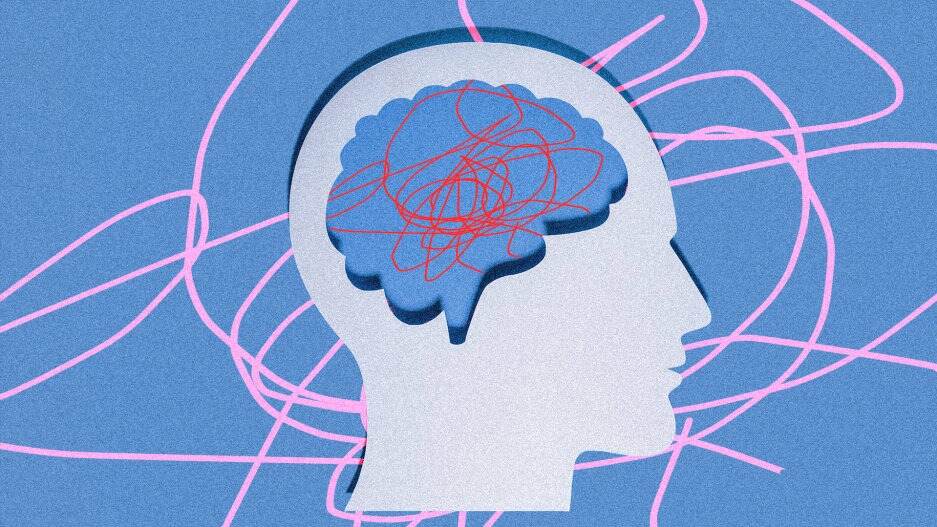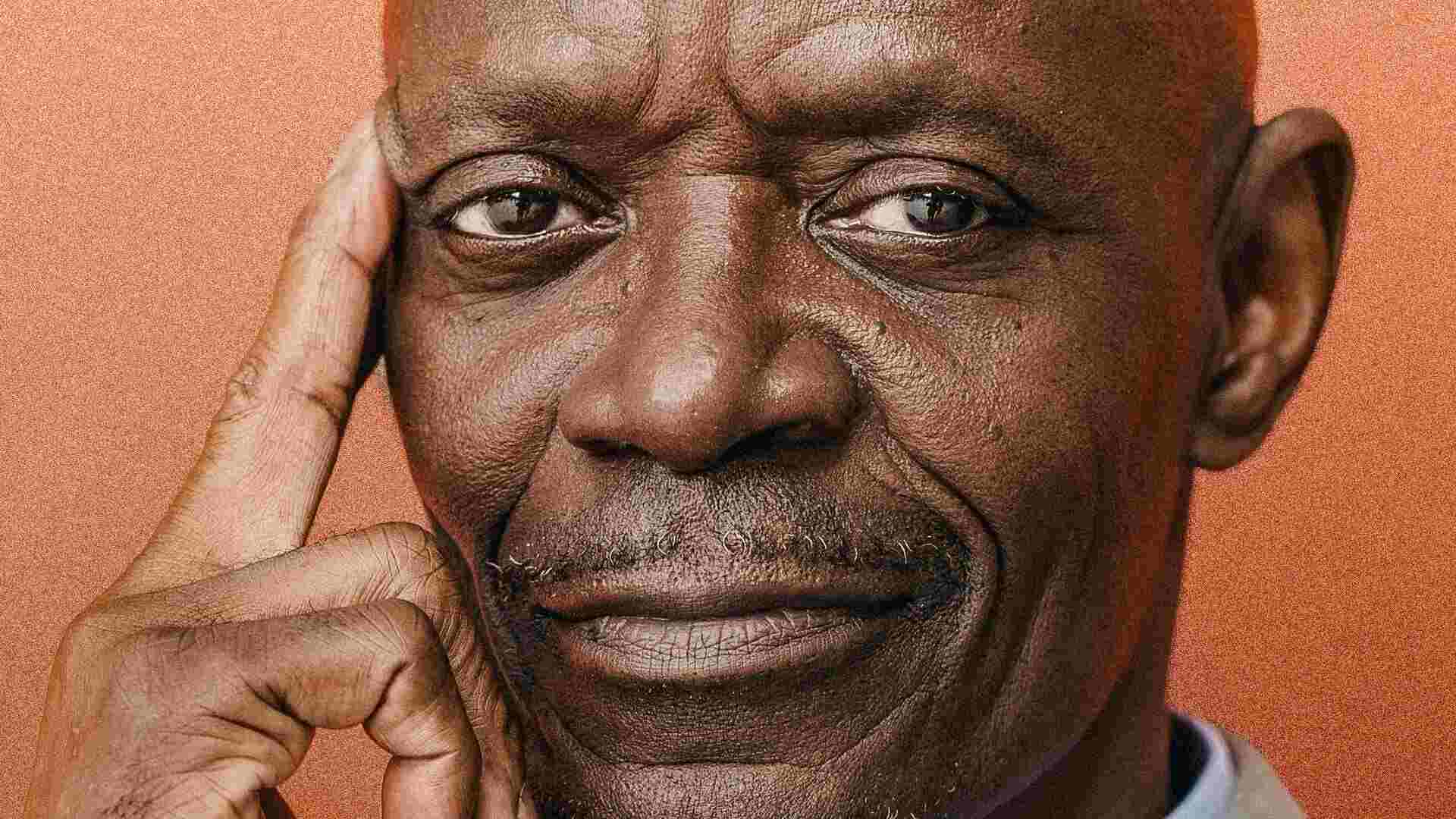- | 8:00 am
How to turn self-doubt into your next big breakthrough
Yonason Goldson believes that it’s okay to doubt whether an idea is good, as long as that doubt leaves open the door by giving it a fair chance.

Imagine that, a quarter-century ago, a junior congressman sponsored a bill requiring airlines to install high-security doors on every passenger plane cockpit. The plan cost millions of dollars and raised travel prices, creating headaches for companies and regulators. The legislation provoked an outcry against government overreach, and the overzealous congressman lost his next reelection bid by a landslide.
It would never occur to any of us that this congressman was the sole reason why the Twin Towers were still standing, why 3,000 lives had not been lost, why the United States had never invaded Afghanistan, why air travelers were free from onerous security checks, and why 9/11 remained nothing but an arbitrary date in late summer and an emergency response number.
Nassim Taleb offers up this scenario in his 2007 bestseller, The Black Swan, as an example of how once unimaginable ideas become entrenched as a cultural mindset. The willingness to entertain seemingly ludicrous possibilities can jumpstart brilliant innovation and, perhaps, prevent catastrophic collateral damage. That’s the lesson of this week’s inductee into the Ethical Lexicon:
Semmelweisian (sem·mel·weis·i·an/ zem–uhl-vahys-ee-uhn) adjective
Characterizing relentless advocacy for an idea both universally beneficial and ideologically unpalatable, resulting in vilification by critics, possibly to the point to death.
You probably won’t find this word in your dictionary. But it reveals much about how contemporary culture militates against ideas that can serve our collective best interest.
IT WILL NEVER WORK
In 1844, Hungarian physician Ignaz Semmelweis was appointed medical assistant at the obstetrics clinic in Vienna, Austria. Despite the objection of his supervising doctor, Semmelweis began investigating possible causes of puerperal infection, which was claiming the lives of up to 30% of delivering mothers.
Through careful observation, he noticed that women treated by student doctors contracted the disease at a much higher rate than those treated by midwives. Since germ theory was still unknown, Semmelweis had no theory of causation, but the correlation was impossible to ignore. He ordered that doctors returning from the dissecting room wash their hands in chlorinated lime before entering the delivery ward. Almost immediately, infection rates dropped more than 90%.
Although his ideas were accepted in Hungary, medical experts across Europe rejected his theories and branded him a crackpot. Eventually, his colleagues had him committed to an insane asylum where he was beaten, took ill, and died two weeks later from the same disease he devoted his life to combat.
Cancel culture, it seems, is hardly a new phenomenon.
A quarter-century ago, Marc Randolph had a brain wave: rent movie videos by mail! The concept, however, was a nonstarter. Shipping VCR cassettes by mail was cost prohibitive. Nevertheless, DVD technology was right around the corner and in 1998, he launched Netflix, the venture that couldn’t possibly succeed.
Randolph has moved on from Netflix to other projects, including a best-selling book and podcast titled, That Will Never Work.
No one would ever want to send messages limited to 140 characters, right? Maybe you’ve heard of Twitter. No private company could ever engineer and manufacture spacecraft, right? Don’t tell the visionaries at SpaceX. Customers love to browse the stacks in bookshops; they would never order books online, right? Hello, Amazon!
But more important than the stories of showing up the naysayers is the cultural value of seriously discussing wacky ideas. True, most of those ideas go nowhere. But the conversation might lead in a dozen different directions, and you only need one of them to pay off. As Marc Randolph says, people miss a critical point when they say there are no bad ideas. Just as important, and perhaps even more true, is that there are no good ideas. Every inspiration needs to be hashed out, tweaked, and refined.
In his 2016 TED Talk, The Surprising Habit of Original Thinkers, Adam Grant explains the difference between self-doubt and idea-doubt. Except for Mozart—whose first drafts emerged as flawless compositions requiring no revision—ideas don’t burst into existence fully formed. You don’t know at the outset whether they will prove worthy; but that’s no reason to abandon them.
If we give up on ideas because they aren’t perfect, we’re really giving up on ourselves. When we do, we never discover whether those ideas might develop into something truly extraordinary.
In contrast, a mindset that rejects the familiar in search of the untested produces the kind of thinking that questions conventions, challenges assumptions, is open to half-baked ideas and willing to give them more time in the oven. It’s okay to doubt whether an idea is good, as long as that doubt leaves open the door by giving it a fair chance.
Without that willingness, we inevitably promote a culture where it isn’t safe to think outside the box, which leads to a culture in which we’re afraid to think at all. When that happens, we exchange stories about epic heroes for Semmelweisian tragedies. How much better for all of us to encourage the kind of bold creativity that makes business a catalyst for innovation and contributes to an inspired world.







































